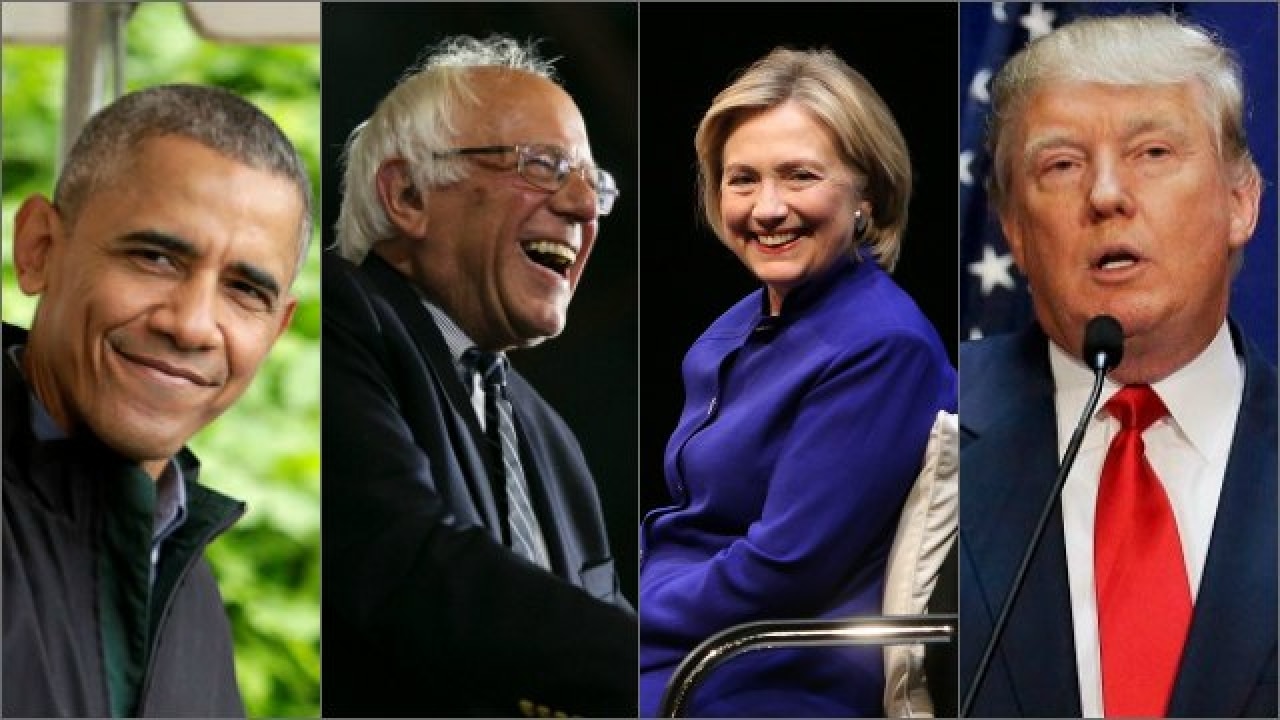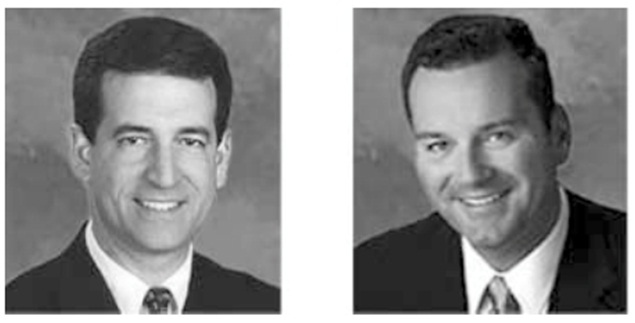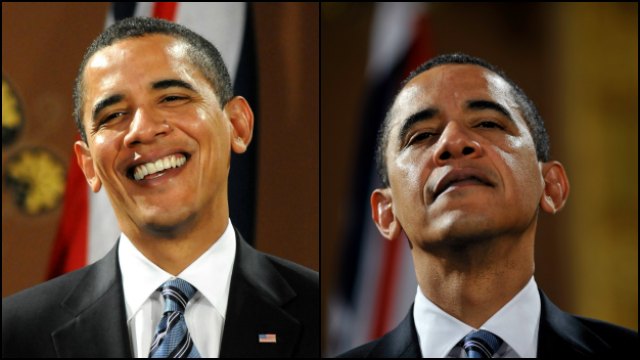
Throughout history, charismatic leaders have guided tribes through tough situations. What is it about charismatic leaders that draw us towards them? It is as if they switched on a magnetic field. We hang on to every word that they say. We want to be led by them. We want to trust and believe them.
Charisma is seen as a mythical quality. The word charisma is derived from the Greek word ‘kharis’ which means a divinely conferred favor, grace, gift or power. Max Weber characterised a charismatic person as “endowed with supernatural, superhuman, or at least specifically exceptional powers or qualities”.
Once we began to believe that charisma was a divine endowment, a myth was created that we were born with charisma.
At the most basic level, it is the ability to attract and influence the people around you. Too much charisma or charisma demonstrated at a wrong time comes across as being inauthentic.
Charisma grows with practice: For charismatic personalities like Barack Obama, Martin Luther King, Steve Jobs, Sir Winston Churchill, Narendra Modi, the impact of their speeches grew with time. It was a conscious attempt to be more charismatic.
John Antonakis, a psychologist who researches charisma, defined it as a symbolic influence rooted in our values and emotions. Psychologists have split the charisma molecule into a predictable set of behaviours and communication styles.
Alexander Todorov a researcher at Princeton University, did some interesting research on candidates in elections. They asked participants to rate the competence of candidates based on pictures like the one shown below.

On the basis of their assessment of the candidate’s competence, participants could predict with 68.8% accuracy the actual winner of the elections.
The facial features, expressions and looks could predict the outcome of an election.
Some of the most common responses that you get from those who meet a charismatic personality are— “He is so humble”, “They make me feel special” or “They can light up a room”. Olivia Fox Cabane, author of The Charisma Myth, breaks down charisma into presence, power and warmth.
I. Presence
We make a decision about a person in the first two seconds. Even in a crowd, you need to bring your focus and attention on the person.
Emotional connect: It is about understanding the emotions of your people and expressing your vision by building leverage on the emotional foundation of your followers. That is the reason people voted for NarendraModi and Barack Obama. They heard and saw “Yes, we can” or “acche din”.
Intellectual Stimulation: Every day people want to be challenged and to perform at higher levels. That is why charismatic leaders lay out a whole new challenge. Think “man on the moon” by John F Kennedy.
Individualized Consideration: It is the ability to reflect back the feelings and developmental needs of followers. We feel that the leader is in touch with “us”. When Prime Minister Modi talks about streamlining the visa requirements, when people want to visit India, he first reflects the pain and frustration of the bureaucratic tangles. Some people might think of it as “washing dirty linen in public”, but what he is doing is reflecting back a shared point of pain.
You cannot fake presence.
The only way of showing presence is by being present. You might think you can fake it. That is a myth. People can catch a fake expression in 17 milliseconds. They can detect arrogance, inauthenticity and lies. They might not be able to articulate it, but they will know that something is missing. At that very moment, charisma will vanish.
Eye contact: Researchers asked complete strangers to gaze into each other's eyes. After a minute or so the participants actually developed a feeling of warmth towards a complete stranger. That is the power of eye contact. When we fell in love with someone, the first thing we would have done is made eye contact.
Cabane recommends that you focus on the pupils of the eye of the person you are speaking to. Try and notice some of the colours. Focus on the area around the eyes. They are the most expressive part of the person’s face.
Make the person the hero: A cellphone signals to your companion that you are likely to be distracted. Keep your cellphone away and pay complete attention. If you find yourself mentally wondering away, get your mind back. Ask questions about the person. Show interest in the story of the person.
Lack of confidence: Nothing kills confidence than thinking that you do not belong. I had spoken about the Impostor syndrome. There are two key steps in fending this off. First, remind yourself that if you are in great company. Senior leaders in responsible positions such as medicine, politics, research and law face impostor syndrome. Second, remind yourself that it is just feelings and thoughts and not a fact.
Practice in front of a mirror: It is the oldest trick in the book. Practice how your face shows expressions. Your expressionless could surprise you. Practice your smile in front of a mirror.
We think our power comes from money, influence, expertise and status. What we find is the reverse. People search for clues of power. Your body language sends out the clues if you have power or not.
Body language: People detect your body language and make an assumption of your competence, trustworthiness, likeability, influence, strength and power. Many trainers I have noticed have great body language, and their audience assumes that they know what they are talking about and, therefore, hand over power to them.
Substance might not matter as much: Researchers analysed various sales pitches, business plan presentations and negotiations. They predicted with 87% accuracy the outcome of the interactions solely on voice fluctuation, facial expressions and listening ratios. While it is indeed great to be a subject matter expert, possessing the subject matter does not give you power.
So how do you look powerful?
Power Poses: This is also called the Alpha Gorilla Body Language. An angry gorilla puffs up his chest to appear bigger than he is to warn off any other gorilla entering its zone. All you need to do is stand straight and erect. When your body expands the energy boosting hormones surge through your body and the anxiety hormones like cortisol reduce. This makes you feel more energised and less stressed.
Yet another misconception about power is the perception of being cold, ruthless and brutal. Nothing could be further from the truth. Across corporate honchos, military generals, social activists, it is the warmth of the leader that makes them attractive.
Eyes: We spoke about how the area around the eyes is the most expressive. Your eyes give away microexpressions which convey warmth. The only way to exude warmth is to genuinely feel warmth. If you are in a bad mood, try changing it by hearing some nice classical music. Bring some fond memories of warm people to your mind and savour them for a while. Watch a few videos that evoke awe like a video of Yosemite park or a pay it forward video.
Hand shake: Regardless of the gender, a handshake should be firm, palms facing sideways and thumb pointed up. Make sure that both the palms are in contact.
Nodding: Another myth in body language is nodding. Nodding is good but do not be a bobble head. Nod slowly and deliberately. Over eager or excessive nodding makes it seem like you are trying too hard to please. Don’t be a bobblehead.
Once you have developed presence, power and warmth, it is time to communicate your charisma. Everything about you speaks to your charisma. Your social media feed, your presentation style, your emails, your normal speech, everything adds or takes away from your charisma.
John Antonakis has analysed an formed three broad strategies to be a charismatic communicator.
1. Framing the presentation
Using visual metaphors, personal stories and contrasts.
“Ask not what your country an do for your, ask what you can do for your country”.
— Ask rhetorical questions.
Example: Is this what you want? Is this how you would like to be treated?
—Make a list of action items of atleast three points. A list of three indicates pattern and completeness.
2. Substance of the presentation
— Show moral conviction: Demonstrate that you have belief in the capability of the person.
Example: Together we can do this. Sabka saath, sabka vikaas.
— Reflect the sentiment of the group.
“We are a proud nation”
— State ambitions and confidence
“We will put a man on the moon”
“We will emerge stronger than before”.
3. Delivery of the presentation
Modulate your voice: A speaker who speaks in one tone for the entire speech will eventually put his audience to bed. Change the pace and pitch of your voice.
Slow down while talking: Pause for two seconds before you respond. Make your audience wait. Speak in a slower and heavier tone. Speaking too fast makes it seem that you are either not sure of your content or you are rushed, therefore, unsure.
Facial features and gestures: Look at Obama’s chin when he speaks. Make subtle but clear gestures. Too much gesticulation makes it seem that you are out of control. If you have practiced your smile, bring it on.

Getty
Pause: Show them you are the boss and that you are in control of the pace. It is ok to take the pause to show that you are thinking of something. When you are asked a question, do not interrupt.
Dress the part: Dress sharp. Your clothes are a clue to your power.
To conclude, you have spent far too much time in the shadows and let people with seemingly less substance overtake you. It is time to start afresh. Charisma is a decision for leadership. Charismatic leaders are made, not born. If you have taken so much time to read this column, you have taken an excellent first step towards charisma.
Good luck and have a great week ahead.
The author is the Founder of The Positivity Company, where he helps business leaders become more positive and productive. Birender can be reached on birender.ahluwalia@gmail.com.